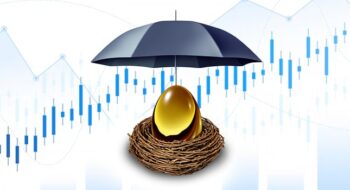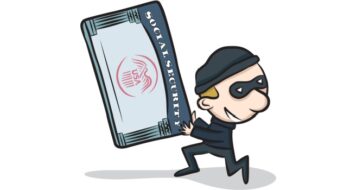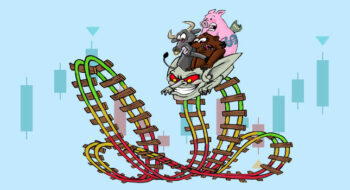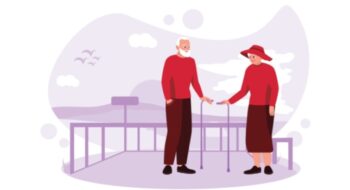Where is Your Money Taking You?
Learn how to make your money work for you. Discover tips and insights for smarter financial decisions that lead to a secure and happy retirement. Start planning for the retirement of your dreams!
Trending Categories: Retirement Planning Tax Planning Savings Strategies Investment Strategies Longevity & The Future

IRA Withdrawals 101: Smart Strategies to Minimize Taxes
When it comes to retirement planning, it’s not just about how much you save—it’s about how you withdraw. The taxes on IRA withdrawals can dramatically impact your retirement income if

What Is a Volatility Buffer & Why It Matters in Retirement
Market ups and downs are a normal part of investing. But once you hit retirement, those swings feel a lot riskier—especially when you’re pulling money out of your portfolio. That’s

The 59½ Retirement Rule Explained: What You Can Do & Shouldn’t
Turning 59½ might not be a milestone you throw a big party for—but in the world of retirement planning, it’s a big deal. Why? Because this is the age when

What Is an IUL and How to Use It For Retirement
In today’s uncertain economic landscape, retirement planning has become more complex than ever. Traditional pensions are fading, market volatility is unsettling, and Americans are living longer—placing increased pressure on retirement
Don't miss out on our retirement planning insights

Avoid Social Security Scams: A Retiree’s Guide
Every year, thousands of retirees fall victim to Social Security scams, losing millions of dollars in the process. According to the Federal Trade Commission (FTC), in the past year alone

Turning Market Volatility Into Retirement Opportunity
The recent stock market turmoil has rattled even the most seasoned investors. For retirees or those approaching retirement, the stakes are even higher. But what if this could be the

Guardrail Strategy: Smarter Retirement Withdrawals
For retirees, one of the most challenging aspects of financial planning is determining a sustainable withdrawal strategy that provides adequate income without depleting savings prematurely. The guardrail retirement strategy presents

Is $1 Million Enough to Retire? Learn How to Make it Last
For decades, $1 million has been seen as the magic number for retirement. It sounds like a lot—and for many, hitting that milestone feels like winning the financial game. But
